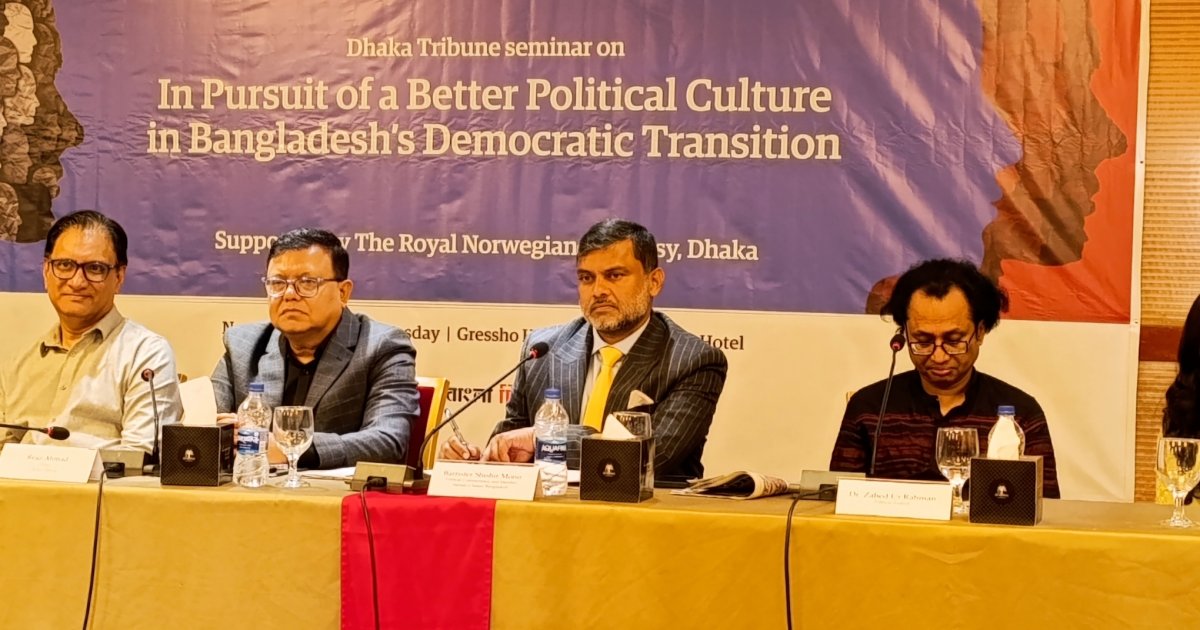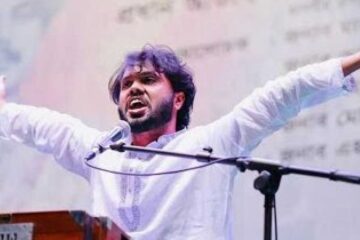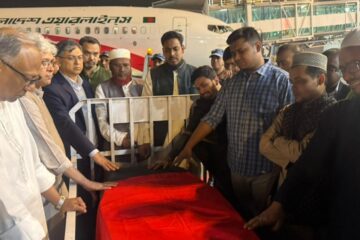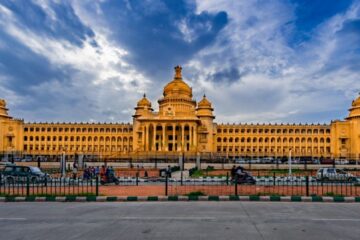Lawyer and Bangladesh Jamaat-e-Islami member Shishir Manir stated that Bangladesh’s political forces occupy significant spaces, raising questions about whether this reflects a mature political culture and how the current political practices connect with the country’s modern history. He emphasized that there is no shortcut to answering this.
Shishir Manir highlighted that Bangladesh is a country of constitutional supremacy, not parliamentary supremacy, with the executive, legislative, and judicial branches repeatedly violating rules. He said: “Where should we start? Constitutionally, Bangladesh is a country of supreme law, not a parliament-centric system. There is the parliamentary process, then the executive process, and then the judicial system. And these three have repeatedly violated their own rules. This July Charter effectively provides a form of institutional assurance regarding the assumption of power and retirement from positions. If this can be practiced at the parliamentary, executive, and judicial levels, it could mark the beginning of a good institutional culture. It could lead to an even better culture.”
Speaking at the Dhaka Tribune seminar “In Pursuit of a Better Political Culture in Bangladesh’s Democratic Transition”, supported by the Norwegian Embassy, he noted that political culture is shaped over long periods, not abruptly. He stressed that the intertwining of politics and livelihood, the desire for control, and financial security are core reasons why political actors cling to positions, sometimes overriding law and institutional norms.
Shishir Manir explained that grassroots politics often reflects the same patterns, with local actors seeking authority over their communities, further complicating reform. He emphasized that tackling financial incentives and power centralization is crucial to promoting a healthier political culture.
The July Charter aims to balance power and decentralize authority, preventing concentration in a single individual or institution. Manir believes consistent implementation of these rules could gradually foster a more advanced political culture.
He concluded that this is a long-term struggle, requiring persistent effort and adherence to new regulations, and the July Charter could serve as a meaningful starting point for building better governance.
The seminar featured speakers including Dr Rounaq Jahan, special fellow at the Center for Policy Dialogue (CPD) and political scientist; Political Analyst Dr Zahedur Rahman; Bangladesh Jamaat-e-Islami Member Barrister Shishir Manir; Dr Mirza M Hasan, senior research fellow at BRAC University; Mohammad Asaduzzaman, research director at the Dhaka Institute of Research and Analytics (DAIRA); Journalist Jyma Islam of the English daily, The Daily Star; Dr Asif M Shahan, professor at Dhaka University; and Fahim Mashroor, member of the Civic Coalition.
Bangla Tribune served as the media partner for the seminar.



